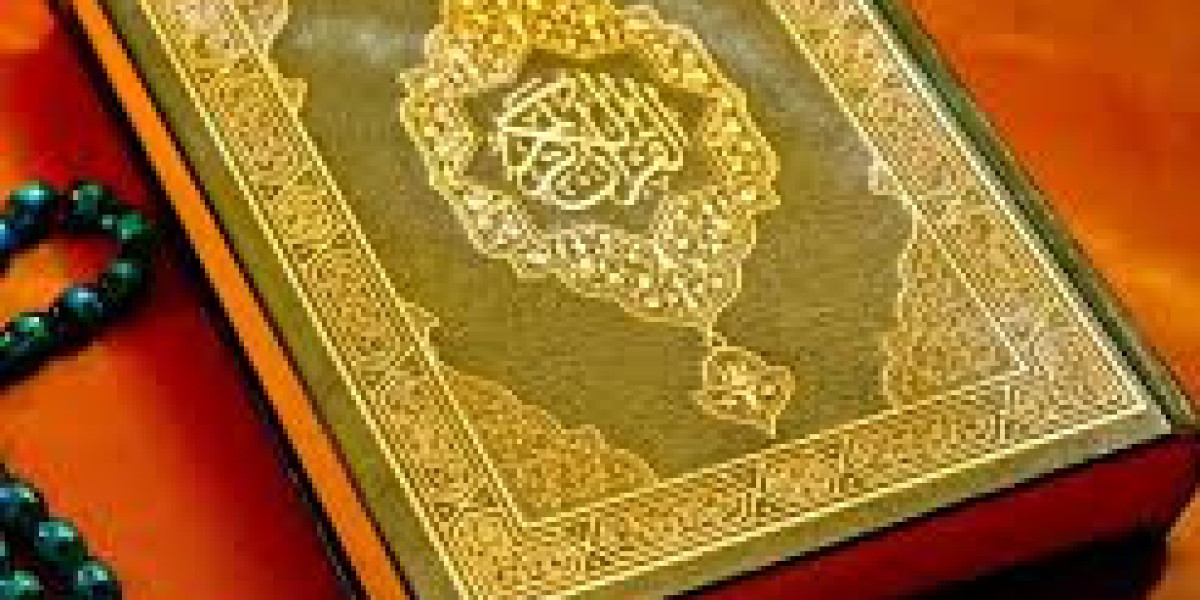Marriage is a significant aspect of life, and for Muslims, the question of whether Shia and Sunni individuals can marry each other often arises. In this article, we delve into the topic of interfaith marriages between Shia and Sunni Muslims, examining the perspectives, considerations, and guidelines surrounding this issue. Additionally, we highlight the convenience and support offered by Umrah packages provided by reputable travel agencies, enabling individuals to embark on transformative spiritual journeys and deepen their connection to their chosen religious path.
Understanding Shia and Sunni Differences:
Shia and Sunni are the two major branches within Islam, sharing fundamental beliefs and principles but differing in some aspects of interpretation and practice. Despite these differences, both Shia and Sunni Muslims consider themselves followers of the Prophet Muhammad and adhere to the teachings of the Quran.
Interfaith Marriages and Islam:
In Islam, marriage is encouraged as a means of companionship, love, and mutual support, with the intention of building a strong family unit based on shared values and beliefs. While there is a general preference for Muslims to marry within their own sect, the question of whether Shia and Sunni individuals can marry each other is a subject of debate and varying interpretations among scholars.
Traditional Perspectives:
Traditional Islamic scholars have differing opinions on interfaith marriages between Shia and Sunni Muslims. Some scholars argue that interfaith marriages are permissible as long as both individuals adhere to the core tenets of Islam and have mutual respect and understanding for each other's sect.
Others, however, recommend caution and advise against such marriages due to potential challenges that may arise from differing practices, cultural expectations, and family dynamics. These scholars emphasize the importance of shared values and a strong foundation in Islamic teachings to ensure a harmonious marital relationship.
Individual Differences and Local Factors:
It is important to note that attitudes towards interfaith marriages can vary among individuals, families, and communities based on cultural factors, geographical location, and personal beliefs. In some cases, local customs and traditions may influence the acceptance or rejection of interfaith marriages.
Open Communication and Mutual Understanding:
Regardless of the sects involved, open communication, and mutual understanding are crucial in any interfaith marriage. It is essential for both partners to have respectful discussions about their respective beliefs, practices, and expectations to foster an environment of harmony and mutual growth.
Seeking Knowledge and Guidance:
Before considering an interfaith marriage, it is advisable for individuals to seek knowledge and guidance from knowledgeable religious authorities who can provide insight and advice based on the specific circumstances. These authorities can help navigate the potential challenges and provide clarity on the religious obligations and considerations involved.
The Role of Umrah Packages in Strengthening Interfaith Relationships:
While discussing the complexities of interfaith marriages, it is important to highlight the significance of faith and spiritual journeys in strengthening relationships between Shia and Sunni Muslims. Umrah, a pilgrimage to the holy city of Mecca, holds immense spiritual value for Muslims, providing an opportunity for personal growth, reflection, and devotion.
Reputable travel agencies offer Umrah packages designed to cater to the needs and preferences of pilgrims, providing essential services such as visa processing, accommodation, transportation, and guidance throughout the pilgrimage. These packages ensure a convenient and well-organized journey, allowing pilgrims to focus on their spiritual growth, reflection, and the observance of religious rituals. By availing Umrah packages, individuals from different sects can embark on a transformative spiritual journey together, deepening their understanding of Islam and fostering a stronger bond based on shared religious experiences.
The question of whether Shia and Sunni individuals can marry each other is a topic that carries varying interpretations and perspectives among scholars. While there is a preference for Muslims to marry within their own sect, some scholars permit interfaith marriages based on mutual respect, understanding, and adherence to core Islamic principles. It is crucial for individuals considering such marriages to engage in open communication, seek knowledge, and understand the potential challenges that may arise.
Furthermore, the availability of Umrah packages offered by reputable travel agencies simplifies the process of embarking on a transformative spiritual journey, allowing individuals from different sects to deepen their connection to their faith and strengthen their religious observances together.
read more








